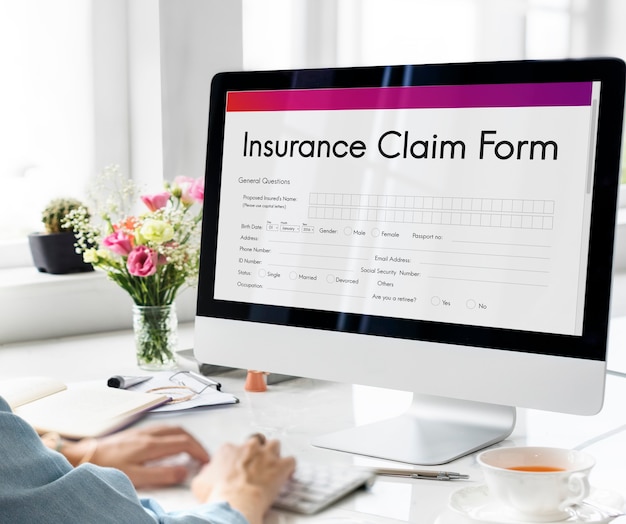
Credit card debt can be a big problem, leading to financial stress for many. High interest rates and minimum payments can make it feel like you’re not making any headway. However, with smart planning and dedication, you can get rid of your credit card debt within a year.
Although the year is already underway, staying focused and following a solid plan can help you either wipe out your debt or significantly reduce it by year’s end. Imagine starting the new year free from credit card debt. It’s a goal within your reach, and I’m here to share some strategies to help you achieve it.
1. Make a Budget:
A good budget is essential for any financial plan. By tracking where your money goes, you can find ways to save and put more towards paying off your debt. List all your income and expenses, including rent, utilities, groceries, and other regular payments. This will help you see what’s left over for debt payments.
Categorize your expenses as essential (like rent and groceries) and non-essential (like subscriptions and dining out). Cut back on non-essential expenses as much as possible. Knowing your spending and income allows you to allocate more money towards your debt. Even if money is tight, it’s important to reduce expenses wherever you can.
2. Prioritize Your Credit Card Balances:
If you have multiple credit cards, it’s important to prioritize your debts. Start with the card with the highest interest rate while making minimum payments on the others. This will save you money on interest.
For example, if you have three cards with these balances:
1: $2,000
2: $600
3: $300
Focus on card 1 first as it likely carries the highest interest. This method will help you save on interest while paying off the other cards slowly. Alternatively, you could pay off the card with the smallest balance first for a quick win and a morale boost.
3. Negotiate Lower Interest Rates:
If you have a good payment history or if your credit score has improved, consider asking your credit card provider for a lower interest rate. Even a small reduction can save you a lot over time. You might also look into balance transfer cards, which often have 0% APR for several months. This gives you time to pay off your debt without interest.
Another option is to get a low-interest personal loan to pay off your credit card debt. This can help you avoid high credit card interest rates.
4. Cut Down Expenses:
Reducing your spending is crucial to freeing up money for debt payments. Cook meals at home instead of eating out, cancel or trim down subscription services, and limit unnecessary spending. Switching to a cash budget for a few months can help you avoid overspending.
Keep an eye on your spending habits and shift every saved dollar towards paying down your debt.
5. Consider Debt Consolidation:
If you have multiple credit cards with large balances and high interest rates, consolidating them into one loan can make payments simpler and reduce your overall interest rate. This can be especially helpful if you’re feeling overwhelmed and struggling to make minimum payments.
Summary:
Paying off credit card debt takes time, dedication, and patience, but it’s definitely doable with a good plan and commitment. Start now with a budget, prioritize your debts, negotiate lower rates, cut expenses, and consider debt consolidation. By the end of the year, you could make significant progress or even completely pay off your debt. Celebrate each small victory and don’t hesitate to get advice from a financial counselor if needed. Good luck!